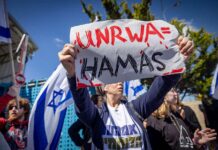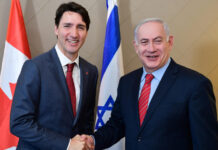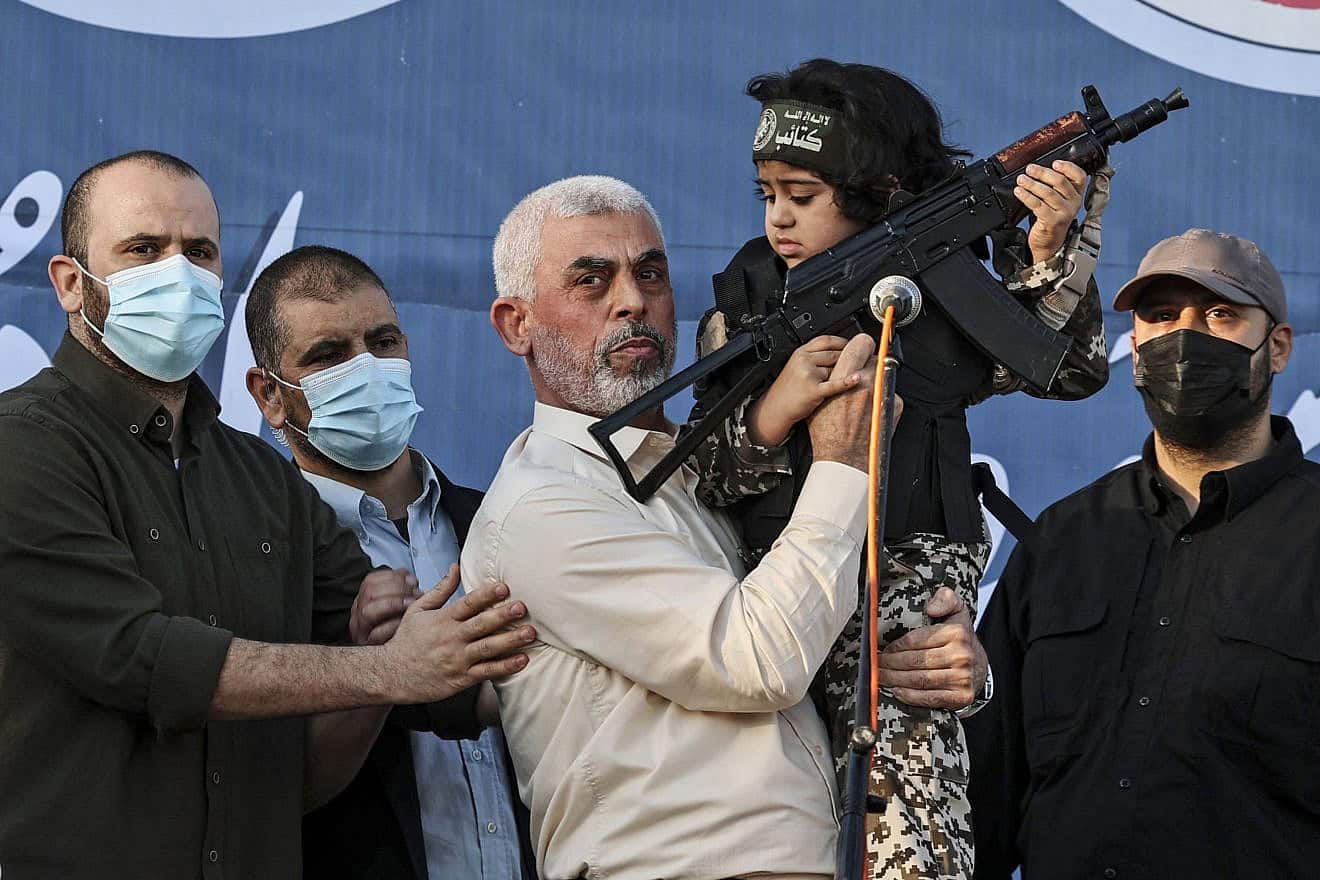Hamas leader in Gaza Yayha Sinwar is being pressed by the terror group’s military commanders to accept a ceasefire deal and end the war with Israel, according to U.S. intelligence.
CIA Director Bill Burns conveyed this message to attendees of a closed-door conference in Sun Valley, Idaho on Saturday, a source present at the meeting said to CNN.
According to the source, the architect of the Oct. 7 attacks and Israel’s top target is not “concerned with his own mortality” but is facing calls for Hamas to lay down its arms because it will be blamed for the growing suffering in Gaza after more than nine months of fighting.
American intelligence officials believe that Sinwar, 61, is hiding in the tunnels underneath his birth city of Khan Younis in southern Gaza, according to the report.
An Israeli airstrike on July 13 targeted Hamas’ second-in-command, Mohammed Deif, leader of the terror group’s armed wing, the Qassam Brigades, and the Israeli military and intelligence have their sights set on Sinwar.
Israel Defense Forces Chief of Staff Lt. Gen. Herzi Halevi on Sunday said that targeted strikes on Hamas leadership were a key part of a military pressure campaign that would result in the return of Israeli hostages.
The increasing pressure comes as negotiators continue to discuss the framework of a ceasefire and hostage release deal that is acceptable to both Israel and Hamas. It was initially reported that Hamas called off ceasefire talks due to the Deif strike, but it was later clarified by both the terror group and its patron Qatar that negotiations would continue.
An Israeli official told Ynet on Monday that a delegation led by Mossad chief David Barnea was scheduled to depart for Doha this week but was waiting for the Qatari invitation. The source also suggested that Barnea might not lead the delegation and that the talks might take place at a different location.
Furthermore, the official said that Prime Minister Benjamin Netanyahu insists on continuing the military pressure on Hamas and is sticking to his red lines in the talks, stressing that it was the “money time” to bring as many live hostages back to Israel as possible at the lowest cost and risk to Israel’s security.
“Whether Deif was killed or not, Hamas suffered a severe blow. They did not say talks would be stalled and have not responded to the assassination attempt by attacking Israel with rockets,” the official said.


























